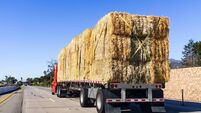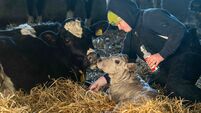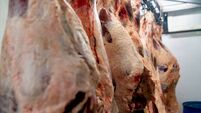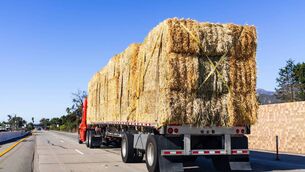44% of Irish food and agribusinesses are delaying investments

Pictured together to launch IFAC’s Food and Agribusiness Report 2025 are David Leydon, Head of Growth and Agrifood Consulting at IFAC and Jenny Melia, Enterprise Ireland CEO.
Despite record levels of optimism, 44% of Irish food and agribusinesses are reportedly delaying investment.
The recent ‘2025 Food & Agribusiness Report’, published by the International Federation of Accountants (IFAC), revealed that while record numbers of Irish food and agribusiness leaders are optimistic about the year ahead, almost half have delayed investment because of uncertainty.











